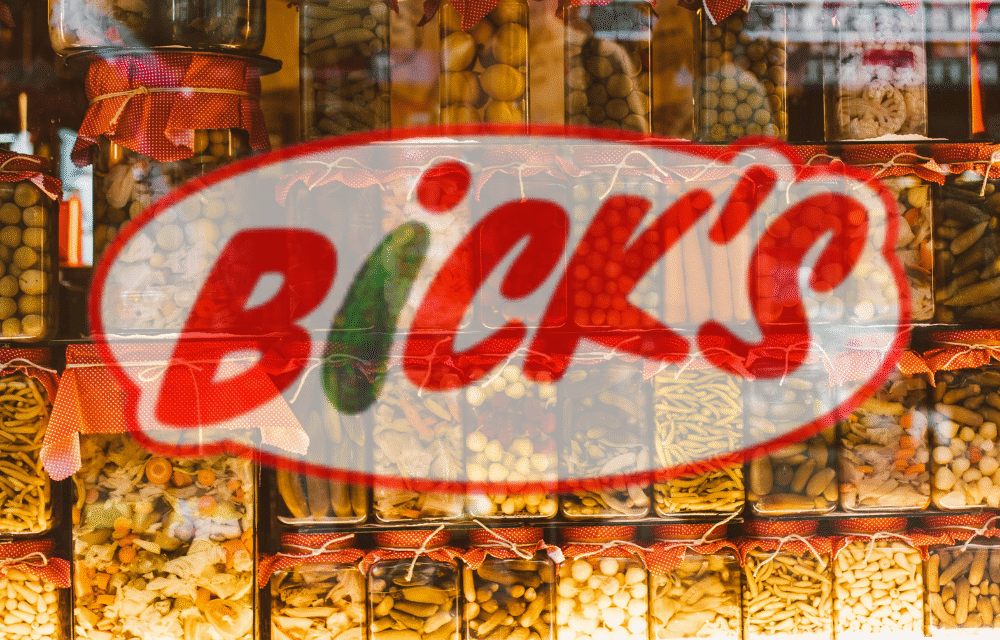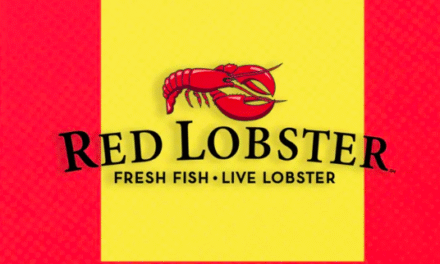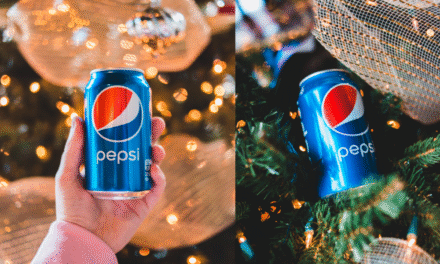For years, Bick’s pickles have been a beloved staple in Canadian households—adding a tangy crunch to burgers, sandwiches, and snack platters. But lately, shoppers have encountered something unexpected: empty spots where Bick’s once stood. What’s behind the disappearing jars? Let’s explore.
A Tangy Tariff Tangle: Why Bick’s Is Vanishing from Shelves
The culprit appears to be a heated tariff battle between Canada and the U.S. TreeHouse Foods, which owns Bick’s, confirmed that some retailers have stopped stocking the brand because of the high cost of importing finished products. As part of Canada’s response to U.S. tariffs, a 25% counter-tariff was placed on cucumbers and gherkins — key ingredients in pickles.
This situation has made it more expensive to bring Bick’s products across the border. For stores, the math just doesn’t add up. Importing a U.S.-made product at higher costs cuts into profits, especially when homegrown alternatives are available. The result? Fewer Bick’s products on shelves across Canada.
Deeper Implications: Supply, Loyalty, and Labels
Beyond just a missing jar of pickles, this issue touches on broader concerns. Bick’s, originally a Canadian company, moved production to the U.S. in 2011. While the branding and recipes may be familiar, the manufacturing shift made it more vulnerable to trade tensions.
Now, with tariffs in place, retailers are choosing Canadian brands that offer more stable supply chains and lower import costs. Analysts point out that this could permanently impact consumer loyalty. If shoppers are forced to switch now, many may not return to Bick’s later—especially if they find new favorites that are made closer to home.
Grocers are already pivoting, putting more emphasis on locally made pickle products. In some stores, Bick’s shelves are being replaced entirely by Canadian-made alternatives.
What Are Canadians Saying?
On social media and community forums, the conversation has been surprisingly passionate. Many consumers have taken the shortage in stride, turning to regional and independent pickle brands with enthusiasm.
One Reddit user said:
“Lakeside pickles! Don’t need Bick’s. Lakeside makes tons of great products out of Southwestern Ontario.”
Others chimed in with suggestions like Brine & Co., Matt & Steve’s, and Putters—brands known for producing quality pickles right here in Canada.
Some shoppers are even using the shortage as an excuse to try home pickling. Several commenters noted they’ve started making their own garlic dills or sweet relish at home, and they’re loving the results.
Food for Thought: Is This Pickle Problem a Symptom?
The pickle shortage reveals something deeper about our food system. When international trade becomes unstable, everyday items we take for granted—like pickles—can suddenly become hard to find.
It also highlights the growing importance of food sovereignty and local production. Canadian consumers are showing a strong preference for supporting local companies, and this situation may accelerate that trend.
Brands like Bick’s, once iconic, are finding themselves squeezed out not because of quality or popularity, but because they no longer fit comfortably into an increasingly protectionist trade environment.
What to Expect—and What You Can Do
For shoppers, expect ongoing inconsistency when it comes to Bick’s availability. Some retailers may bring back limited stock, but many are shifting permanently to Canadian suppliers.
For consumers, this is an opportunity to explore alternatives. There are plenty of Canadian-made pickles out there—many with loyal fanbases of their own. Try brands like:
- Strub’s
- Moishes
- Putters
- Matt & Steve’s
- Brine & Co.
- Lakeside
These options come from across the country and offer a range of tastes and textures, from crunchy kosher dills to classic bread-and-butter styles.
For DIY enthusiasts, this is a great time to experiment with making your own pickles. With a few jars, some vinegar, and a handful of spices, you can easily recreate your favorite flavors at home. Many home cooks are discovering that homemade pickles are not only cheaper but also customizable to taste.
A Crisper Conclusion
The Bick’s pickle shortage is more than just a missing item on your sandwich—it’s a snapshot of how global politics and local business decisions intersect. Whether caused by tariffs, supply chain shifts, or changing retailer preferences, the result is clear: Bick’s isn’t as easy to find as it once was.
But this change is also an opportunity. With local brands stepping up and shoppers willing to explore, Canada’s pickle scene is more vibrant than ever. Whether you stick with Bick’s (when you can find it) or switch to a homegrown jar, there’s still plenty of crunch to go around.











